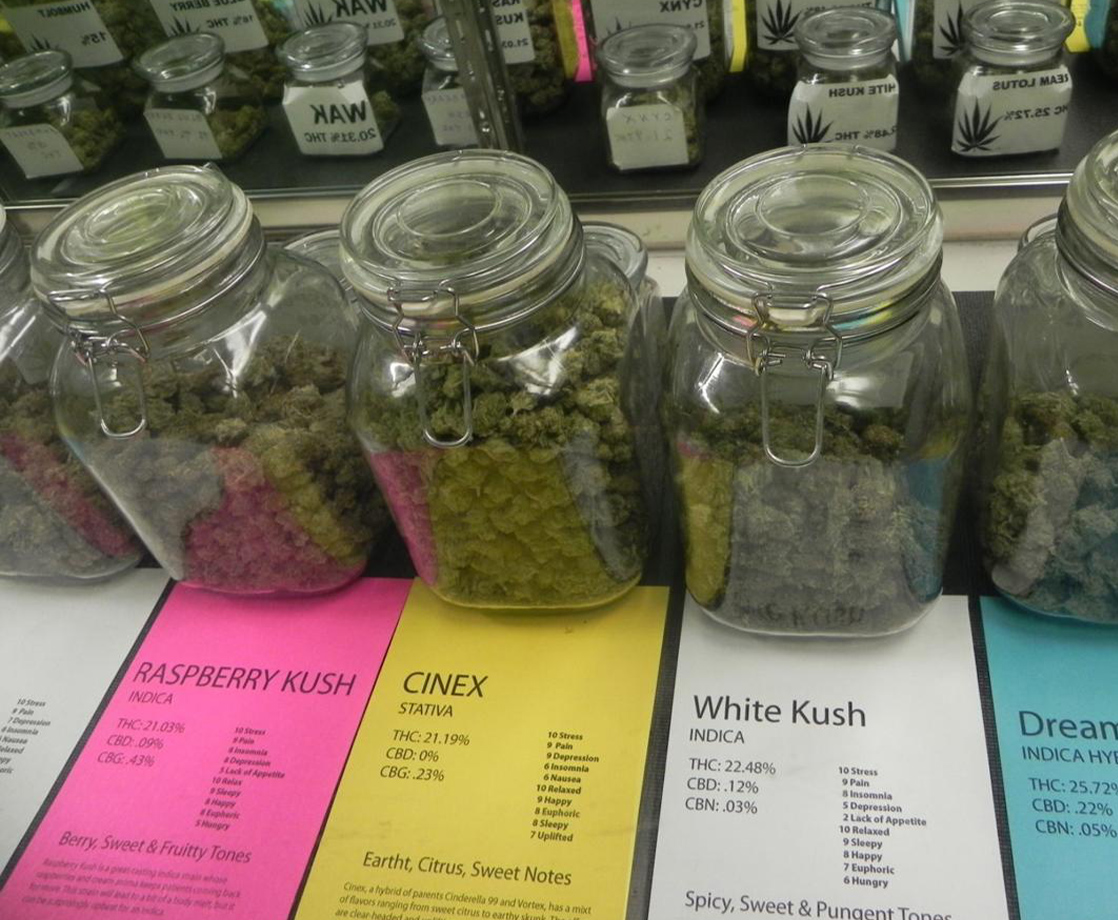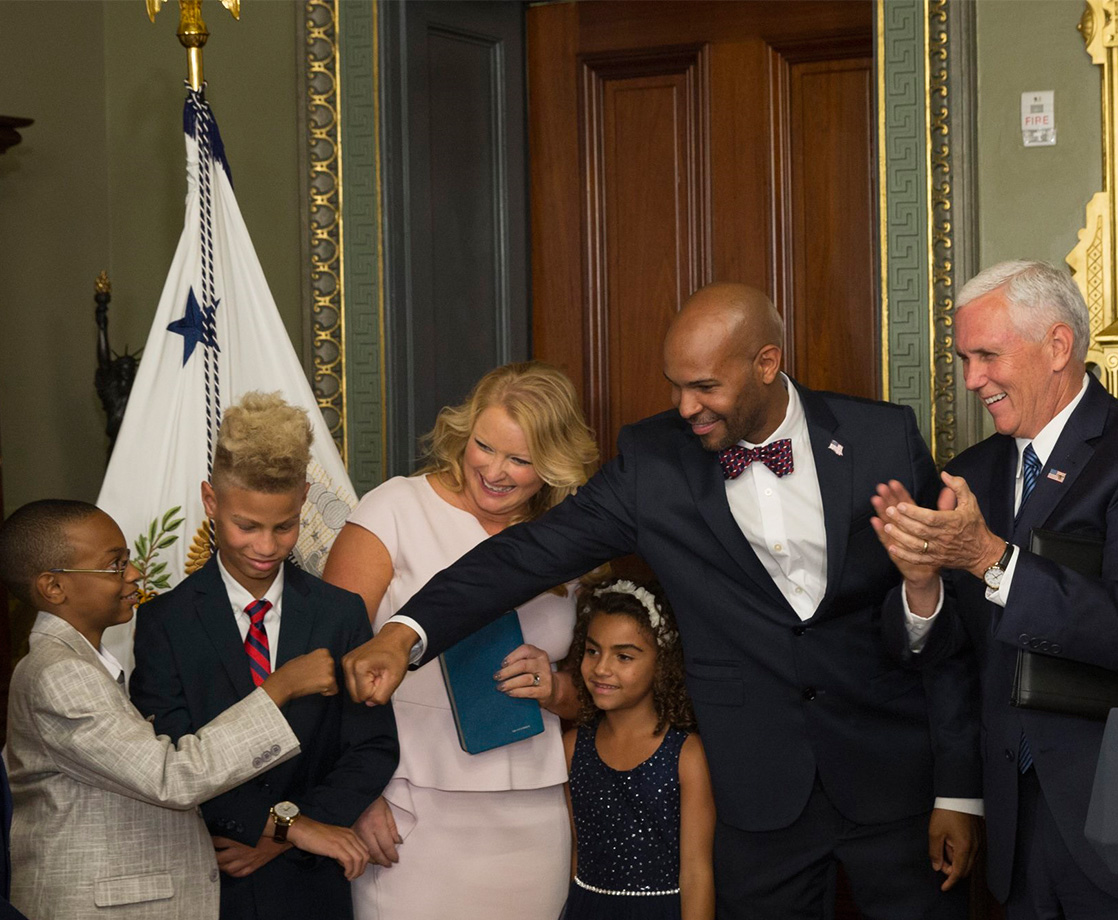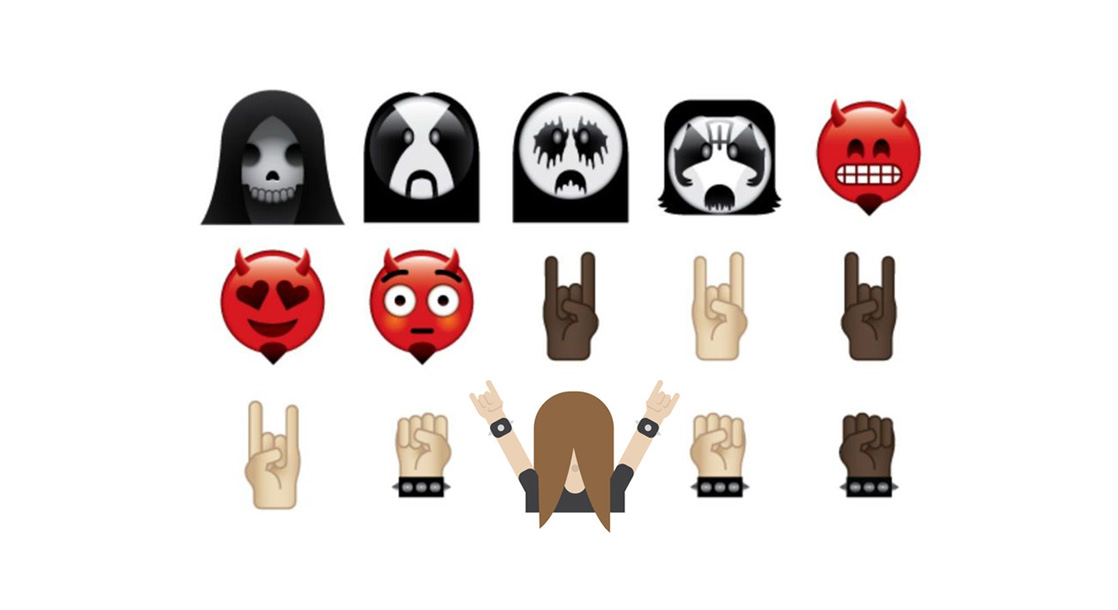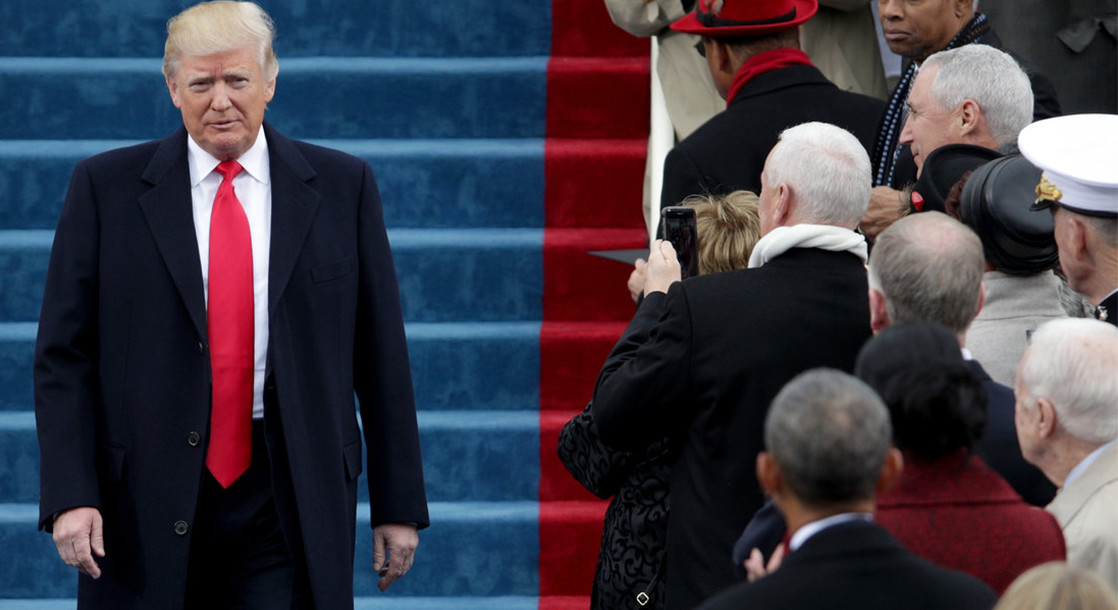The US is deep in the midst of the coronavirus pandemic, and a growing number of states have issued “shelter-in-place” orders, requiring all non-essential businesses to close. Most states have designated both adult-use and medical marijuana as essential services during the quarantine, but Massachusetts has taken a different stance on the matter.
On Monday, Governor Charlie Baker announced that all non-essential businesses in the state would be forced to close until April 7 in order to minimize the spread of the virus. Baker declared that medical marijuana dispensaries and liquor stores are considered essential services, and will therefore remain open, but recreational weed businesses are considered non-essential.
“The main reason is because Massachusetts is one of the big states with [a large] geographic area that has recreational marijuana, and there’s a ton of traffic coming from that is coming from other states,” said the governor, according to the Boston Business Journal. “We felt that, in particular, those would need to close.”
There are currently 42 adult-use dispensaries in the state, including 14 stores exclusively dedicated to selling recreational weed and 28 medical marijuana dispensaries that are licensed to sell adult-use cannabis. The 14 adult-use stores have all been forced to shut their doors for at least two weeks. Mixed-use dispensaries will be allowed to sell medical cannabis, but must turn away all adult-use customers.
Immediately after the announcement, people began lining up outside legal weed shops for a chance to stock up on enough bud to survive the lockdown. The rush led to an immediate boost in sales for that day, but now these stores are shuttered, and owners have been forced to lay off their staff.
“We will scale back the workforce temporarily to meet the reduced demand that will result from suspending recreational sales,” said David Noble, president of Good Health dispensary in Brockton, to The Enterprise. “We will be forced to lay off some retail dispensary staff, but we hope and believe that we will rehire all of these individuals once recreational sales are cleared to re-open. We do not have an exact number as of now.”
The timing of the adult-use ban is especially bad for Pure Oasis, Boston’s first legal weed shop. This store, which was also the first business to open under Massachusetts’ social equity program, just opened its doors at the beginning of this month. Now, two weeks later, it has already been forced to close. Pure Oasis co-founder Kobie Evans said he understands the decision, but noted that adult-use cannabis is not just about getting high.
“[Our customers are] people who have chronic pain, anxieties, and stress,” said Evans to Boston Business Journal. “It’s not because people want to get stoned. It’s to relieve a medical issue they have. To see us go away and not be convenient, or for someone with a medical card who can’t take a bus downtown, if you want to talk about victims, those are the people who will suffer the most.”
Although some stores understand the choice to ban adult-use sales, cannabis industry advocates are angry at Governor Baker’s decision. “Go ahead and have your Scotch, folks,” quipped Peter Bernard, vice president of the Massachusetts Cannabis Reform Coalition. “But we’re going to go back to prohibition for a few weeks when it comes to cannabis. Congrats to the governor for leaving liquor stores open. Yay for that. We can see where the priorities of the Commonwealth lie.”
“Not allowing for continued access to cannabis through regulated means will likely drive consumers to the unregulated market, which is untested and unsafe,” said Morgan Fox, spokesperson for the National Cannabis Industry Association, to The Enterprise. Fox added that black market weed dealers “could be spreading the coronavirus, or not taking the sanitary measures or safety protocols that regulated businesses are required to do.”
“Here’s something for people to consider,” Fox said. “It’s probably useful for people to have an objectively safer alternative to alcohol, if they are going to be locked inside for three months. It doesn’t make any sense whatsoever.”
Earlier this month, Denver and the Netherlands decided to close adult-use cannabis shops, but both decided to reverse these decisions after huge lines of customers demonstrated how important access to cannabis was for them. It remains to be seen if Governor Baker will also reconsider the ban on adult-use sales.











